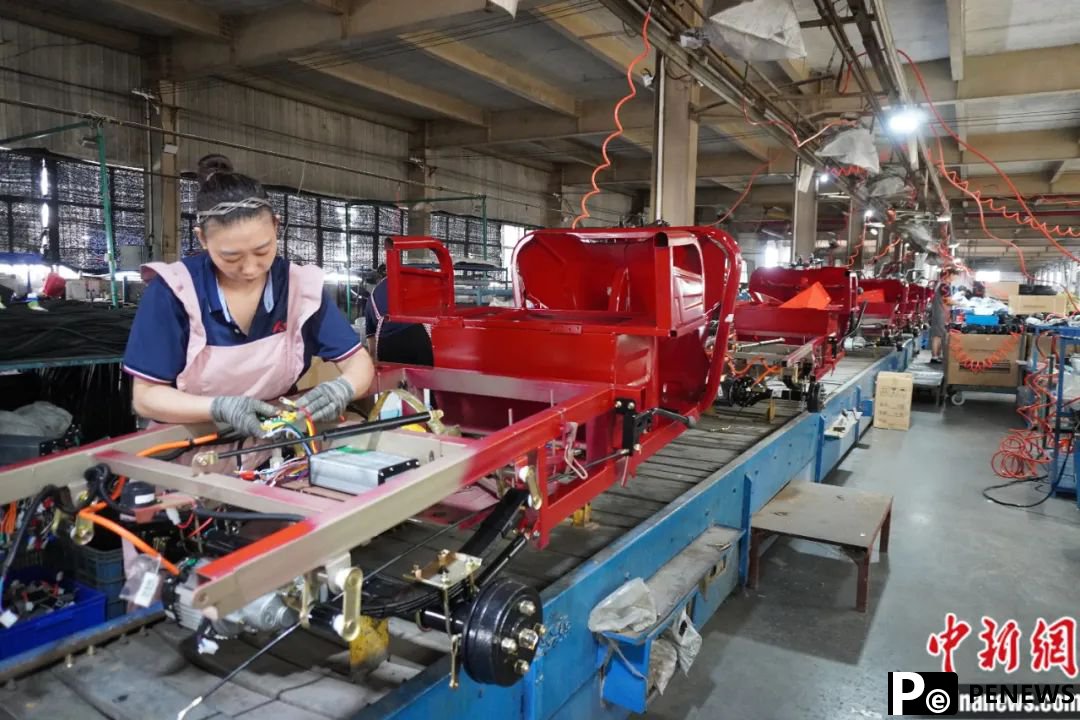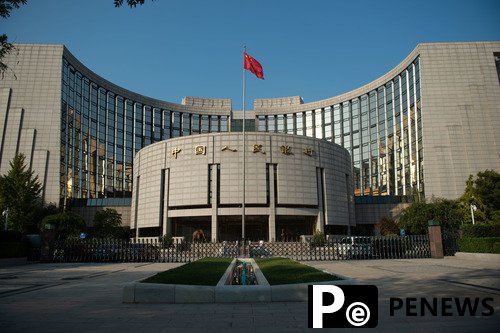Home>>
Trade-in initiative to be expandedBy Wang Keju (China Daily) 11:06, February 19, 2025

(Jin Ding/China Daily)
With boosting domestic consumption high on China's policy agenda for 2025, the country's consumer goods trade-in initiative is set to play a crucial role in driving economic growth and offsetting the impact of persistent global trade protectionism and tepid external demand, officials and experts said.
By offering more attractive trade-in incentives across a wider range of consumer goods, the world's second-largest economy is creating a much-needed incentive for household spending, which is crucial for maintaining a balanced and resilient growth trajectory, they added.
According to a notice released by the National Development and Reform Commission, the country's top economic regulator, along with the Ministry of Finance, in January, the categories of home appliances eligible for government subsidies will be increased from eight in 2024 to 12 in 2025, with microwaves, water purifiers, dishwashers, and rice cookers added to the trade-in list.
Consumers will be also been given subsidies of up to 500 yuan ($68.6) per item when purchasing products such as smartphones. A broader range of passenger vehicles will also be added to the trade-in program, according to the notice.
The trade-in initiative implemented last year has proved effective in spurring consumer spending, promoting industrial upgrades, facilitating the green transition, and enhancing people's living standards, said Sheng Qiuping, China's vice-minister of commerce.
The central and local authorities collectively allocated around 170 billion yuan in support funds during the implementation period last year, facilitating the widespread adoption of green, intelligent automobiles, home appliances, and home furnishing products, Sheng said.
Last year, more than 70 million home appliances and furnishings were purchased by 64 million households across the country, contributing over 1 percentage point to year-on-year growth in total retail sales of consumer goods, he added.
Zhao Chenxin, deputy head of the National Development and Reform Commission, said the consumption push would go further, with plans announced to significantly increase the issuance of ultralong special treasury bonds this year. The funds from the bonds, which are earmarked to support the expansion of the trade-in initiative, should increase substantially, he said.
Wang Qing, chief macroeconomic analyst at Golden Credit Rating International, speculated on the scale of this increase, saying, "China is likely to double the funding for its consumer goods trade-in initiative this year to 300 billion yuan."
This significant increase in funding is expected to drive a substantial boost in consumption, with Wang forecasting an additional 750 billion yuan in spending in 2025, equivalent to a 1.5 percentage point acceleration in the growth rate of the total retail sales of consumer goods.
In early January, the Ministry of Finance front-loaded 81 billion yuan in funding for this year's consumer goods trade-in program.
Fu Jinling, an official with the Ministry of Finance, said policymakers will bear in mind an array of factors, including demographics, regional GDP, household ownership of automobiles and home appliances, as well as the performance of the 2024 trade-in program, to determine the appropriate funding levels for each provincial-level region.
In particular, funding allocation will be weighted toward regions that have registered the most success with consumer goods trade-ins last year, Fu added.
Wen Bin, chief economist at China Minsheng Bank, said the push for catalyzing domestic demand comes at a critical time when global trade tensions and protectionist measures, particularly from the United States and the European Union, have created headwinds for Chinese exports.
Additionally, the post-pandemic recovery has been uneven, with weak consumer confidence and a property market slump weighing on growth, Wen said, stressing that by focusing on domestic consumption, China aims to create a more resilient and self-sustaining economic model.
Data from online retailer Suning pointed to a significant spike in demand for trade-in transactions during the eight-day Spring Festival holiday that ended on Feb 4.
According to the data, Suning experienced an 80 percent year-on-year increase in customer traffic during the holiday, while the volume of trade-ins grew by 92 percent compared to the same period last year.
These sales figures set the stage for a strong start to 2025, as the government's targeted measures to stimulate domestic consumption continue to resonate with Chinese consumers and their evolving preferences, analysts said.
In particular, the scope of the trade-in initiative has expanded beyond traditional big-ticket items such as automobiles and household appliances to now include digital products.







